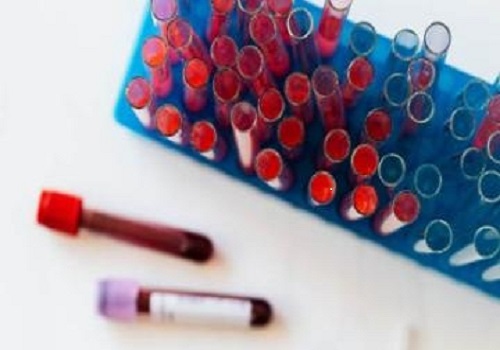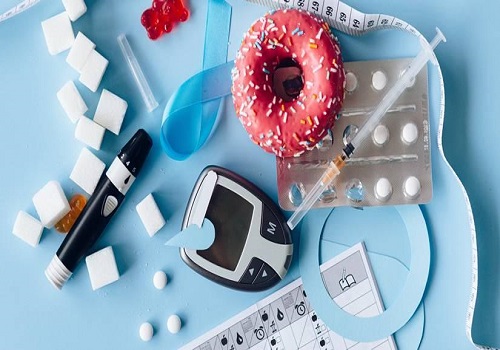Screening tests postmenopausal women should have

Follow us Now on Telegram ! Get daily 10 - 12 important updates on Business, Finance and Investment. Join our Telegram Channel
The time after menopause refers to postmenopause and that means permanent cessation of menstruation due to the loss of ovarian and follicular activity. It usually begins between the ages of 45 and 55, but women can develop it before or after this age range as well. Women go through several physical changes during menopause as their hormone levels change drastically.
Menopause sets in when a woman has gone 12 months without having her menstrual cycle and is no longer able to conceive naturally. Symptoms such as hot flashes and irritation start to set in and in some cases are hard to handle, this is when one may seek treatment. When your period starts getting irregular around this age (approximately 45-50 years), it is considered perimenopause. This time is succeeded by menopause when the periods stop and the period after menopause is considered postmenopausal.
Mammogram
Almost like an x-ray, this breast cancer screening is recommended every two years. Your doctor may ask you to repeat these tests in case of any abnormal reports or high-risk factors such as positive family history. This test is vital as it gives you a chance to catch breast tumors early.
DEXA scan
Dual Energy X-ray Absorptiometry or DXA bone density scan uses low-dose X-rays to see how dense (or strong) your bones are. It is often used to diagnose or assess your risk of osteoporosis, a health condition that weakens bones and makes them more likely to break. This is a highly beneficial test done in post-menopausal women which are prone to osteoporosis due to hormonal imbalances.
Pap smear / Liquid based cytology (LBC)
A pap smear test is a screening procedure for cervical cancer. It is a recommended test for early detection of cervical cancer. Under the procedure, cells from your cervix are gently scraped away and later examined under the microscope for abnormal cells or infection. Pap testing is to be repeated every three years for women ages 21 to 65. It should be combined with the HPV test.
Routine health check-up tests which may include
Complete Blood Count (CBC)
CBC is a blood test used to evaluate your overall health and can help detect a wide range of disorders, including infection, anemia, and even blood cancer. Several components of your blood are measured through a complete blood test, including hemoglobin, platelets, red blood cells, and white blood cells.
Lipid Profile
A lipid profile test is vital as it helps to check your cholesterol and triglyceride levels and acts as a tool to determine the risk of heart disease or stroke. This test is very crucial as high cholesterol can result in heart attacks, coronary artery diseases, and strokes. So, a lipid profile helps to check for the risk of such diseases.
Urinalysis
A urinalysis, often known as a urine test, is a non-invasive process to examine the urine's composition to detect kidney illness, infections, or diseases like diabetes. As part of the test, the urine is checked for its physical appearance, and chemical composition and then examined under a microscope.
Kidney function tests
This test estimates how well your kidneys are functioning. Under this test, some of the parameters evaluated are Serum Creatinine Test, Estimated GFR, and Blood Urea Nitrogen. Kidney function tends to deteriorate as age and menopause set in. It is also important to monitor Vit D levels, due to risk of osteoporosis in postmenopausal women along with blood levels of calcium and phosphorus.
Thyroid function tests
Menopause symptoms can be amplified and made worse by thyroid hormone abnormalities, particularly hypothyroidism. In the years following menopause, bone loss is typical. Thyroid function tests check the function of your thyroid gland. They are mainly used to detect an underactive thyroid gland (hypothyroidism) and an overactive thyroid gland (hyperthyroidism).
Blood sugar test- screening for diabetes
This is another crucial test done to monitor blood glucose levels. This test can help diagnose diabetes and monitor the effectiveness of your diabetic medication. It is a type of blood test and usually consists of three types. Fasting blood sugar requires 8 hours of fasting before the blood sample is taken.
Screening tests can help in an efficient way in assessing the health of postmenopausal women and taking preventive measures early in case of any risk. These tests can catch a health condition even before it starts to show symptoms. This can help in taking preventive measures early. Screening is important as many diseases are asymptomatic, and it might be late by the time it is diagnosed.












 320-x-100_uti_gold.jpg" alt="Advertisement">
320-x-100_uti_gold.jpg" alt="Advertisement">












